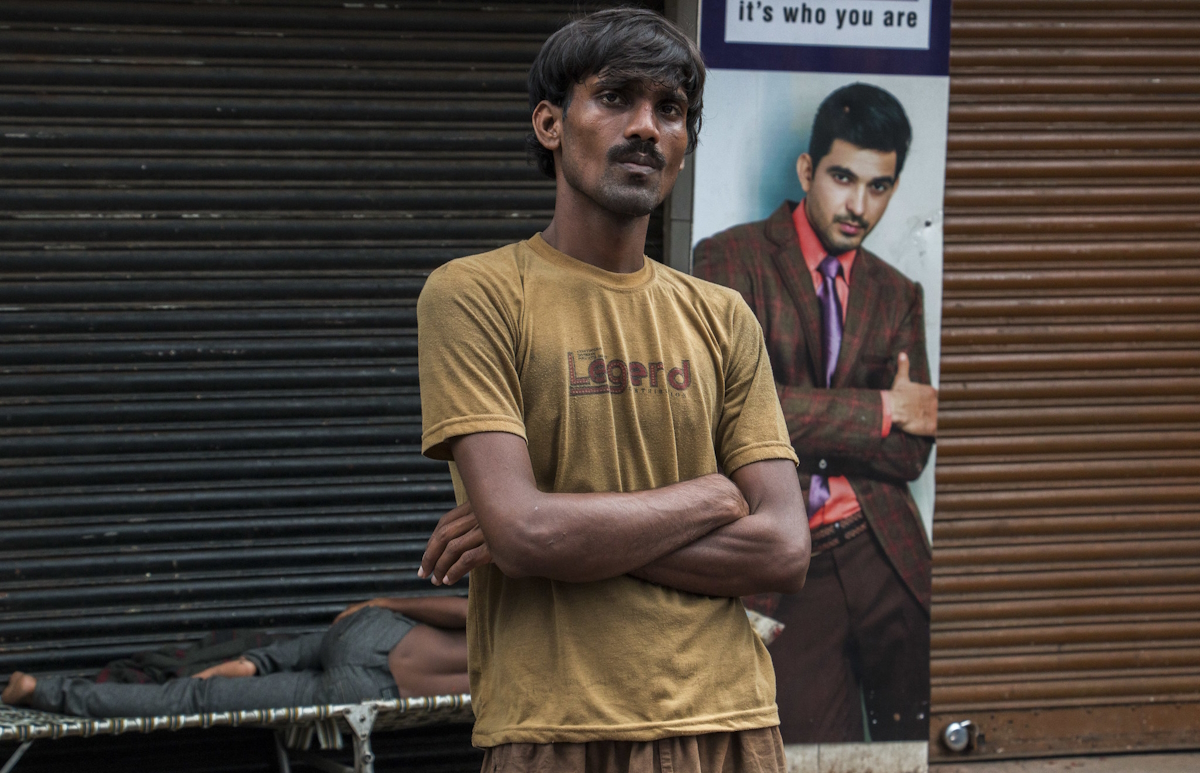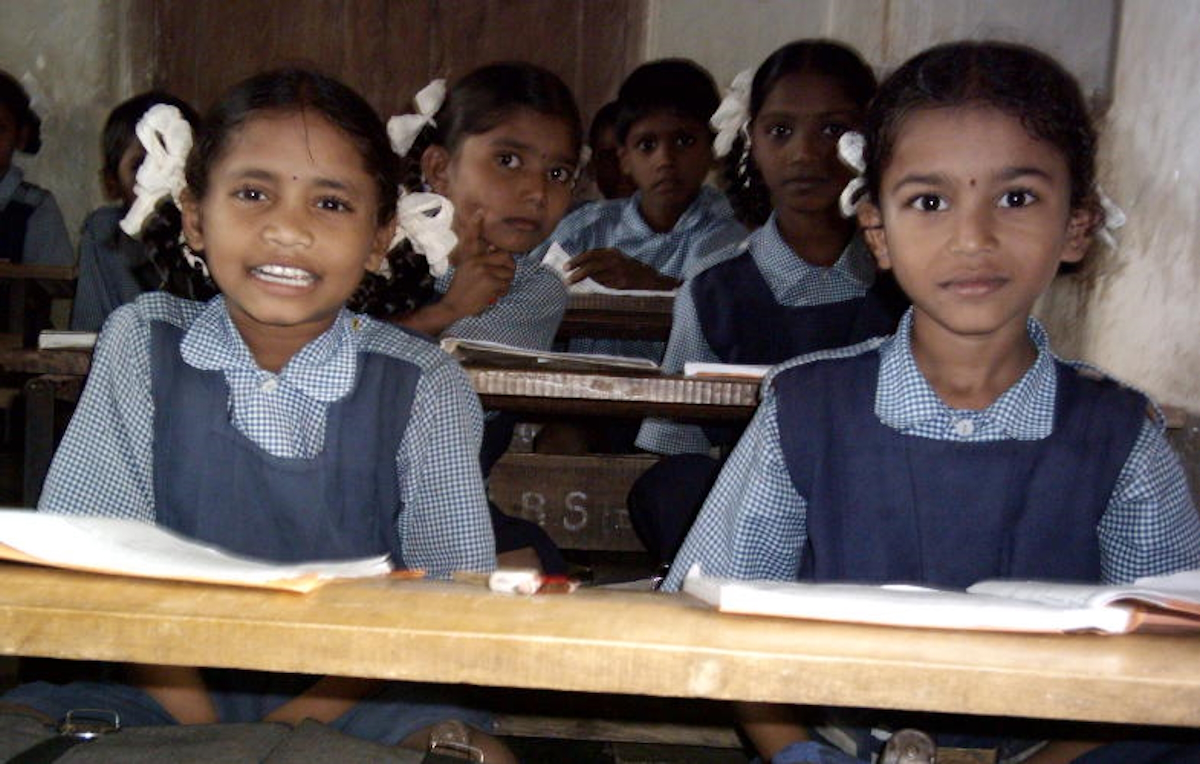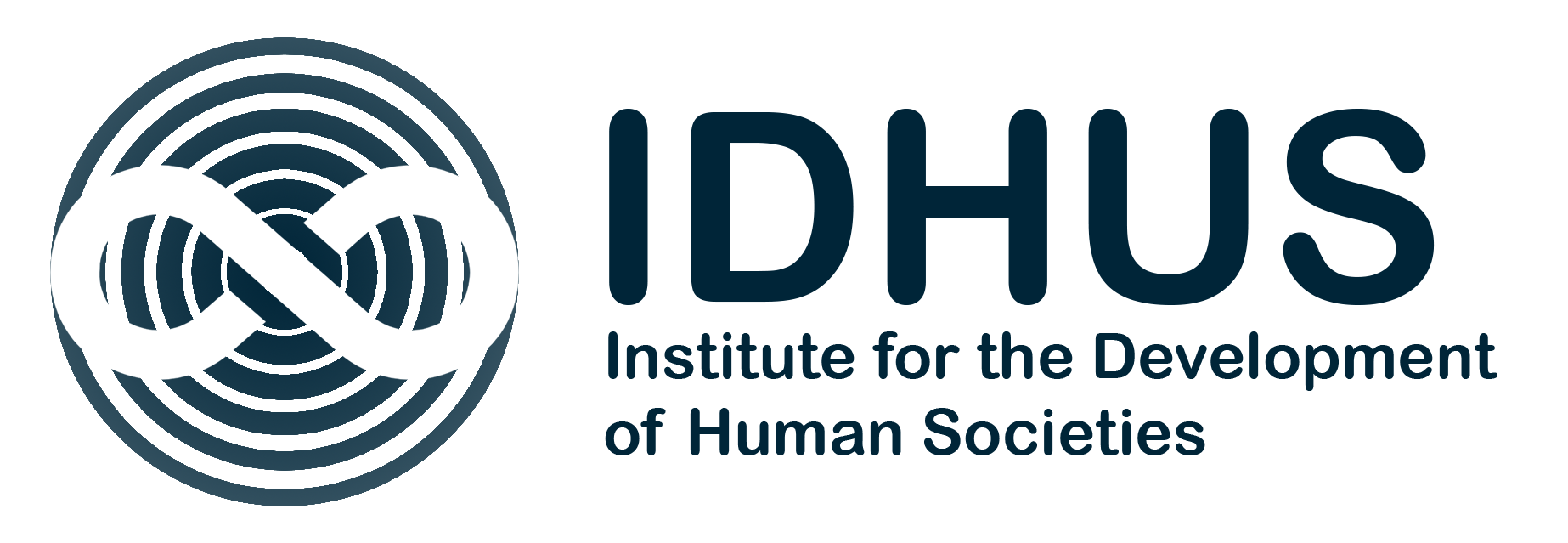A view on the psychology that defines people's social status

Because of the enormous inequalities that exist in our society, we are probably all familiar with the concept of different social classes, which unfortunately divide people into those who have easy access to almost all the resources they want and those who lack almost everything they need. It is also likely that we are all aware of and know first hand which social class or stratum we belong to, and we have all read and naturally talked about those who are in higher social and economic classes or those who are in lower social classes.
Why do social classes exist?
Generally, no one ever seriously considers the origin of social classes and why we are “distributed” in this way. It is assumed that it is a consequence of the economic status of each person, who “fits” and belongs to a certain level of society because of his or her income level and social and professional position. Since it is true that this phenomenon and stratification is mainly due to economic issues, there is not much more to discuss or investigate.
However, this explanation is not complete because, in addition to economic and professional factors, another reason why we identify with and belong to one social level or another has to do with the psychological factors of our own personality. Since this is something that cannot be measured or quantified, it is a parameter that is beyond any logical conclusion as to why some members of society belong to the upper and elite classes of society and others to the poorer and lower classes.
What is it about your approach to life that can take you up the social hierarchy and what is it about your approach to life that can take you down the social hierarchy?
Many people have probably heard of and mentioned the concept of Maslow’s pyramid, a psychological theory proposed in the 1940s which divides the basic needs of a human being to survive, develop and grow as an individual into five levels. These five “steps” or levels involve finding a way to satisfy our physical and physiological needs, our affective needs, our needs for society, family, economic needs, self-actualisation, achieving “social status”, etc. And this is where we will stop, because this is one of the reasons why we belong to or identify with one class or another. Let’s see what the underlying psychological mechanism is.
Need for social recognition
According to Maslow’s pyramid, when a person has satisfied his needs for survival, food, rest, economic resources and family security (the first levels of this scale), he begins to search for other elements that give meaning to his life, although he is not aware that he is trying to give meaning to what he “is” as a person and what he does in the world, so that intuitively we try to make a place for ourselves among people, groups, communities and social and professional environments that may be able to help us, Communities and social and professional environments that can help us to recognise what we are, who we are and what we can contribute to others, in order to show what defines us, what makes us different, what allows us to individualise ourselves and what helps us to anchor ourselves in a certain type of environment, like a piece of a jigsaw puzzle that is looking for the part that fits perfectly, and to do so it tries and tries to enter different places until it finds its own.
That is why, in many cases, the stratum and social class to which we belong depends not only on how many economic resources we have, but also on what vision and level of personal growth we have achieved, because this kind of “inner state” defines us in a very specific way, which can only find a fit with a specific group of people in a specific environment, so that it will be there where we find, until we change again as we are, the perfect fit in the perfect environment for the perfect moment in which we are. And that is none other than the “social status” that each of us has.
This way of positioning ourselves in society is determined by many factors, for it is not only the economic issue that is the key to defining ourselves as middle class, upper class, working class or poor. Although in the lower strata of society having or not having money strongly marks our identification with a level of the system, when analysing the middle and upper classes of our civilisation, the most important factor is not money, but the psychology of the person and his or her way of looking at life.
A completely different view of reality

When you begin to perceive reality in a certain way, when you join like-minded people, when you join a certain group where you have a different view of things, you can begin to change your social class simply by adopting a way of seeing the world that takes you away from a certain group and style of people and brings you closer to another.
This phenomenon and personal transformation usually occurs naturally and gradually, and is often linked to a change of job, because when you change jobs you change colleagues, the working environment, the type of atmosphere that exists or ceases to exist, and since this is also accompanied by a change in salary, it is these that give us the impression that we are now meeting people from a different level, from a different part of society and from a different class to the one we had before the professional change.
If this change is not due to work, but to a move, i.e. to a different place, we can also move from one social group and status to another, simply because we move to a new neighbourhood, which has certain characteristics and a certain “atmosphere”, frequented by a certain type of people with a certain way of doing things, which, as soon as we have a minimum of interaction with them, penetrate us and endow our own personality and way of being with the characteristics of this new group and social status, to which we did not belong before.
The psychology that defines people’s social status
Therefore, although there are material and physical factors that accompany and often trigger change, belonging to a certain status and social group is usually determined mainly by the psychology of that group and our fit with it, with the environment and our way of perceiving reality.
To belong to the upper classes of our city, it is obvious that one has to have certain economic resources, but it is essential to have a mentality that is linked to how these “upper classes” perceive their world and their daily life. If we have a “working class” mentality, which is perfectly correct and perfectly adequate, but not the mentality of those who live their lives from a different point of view, where there are certain aspects of the “elite” reality that cannot be understood from the middle class reality, we will never be able to take the first steps to move to a higher stratum than the one we are in, if that is what we want.
Dozens, if not hundreds, of books have been written about people who have found their way out of a poor social environment with few opportunities for growth simply by imitating the behaviour and thinking of those who have succeeded in life, and who have managed to overcome all the obstacles that life has thrown at them to reach the top of their own personal growth pyramids. And this is true, because in order to move “up”, symbolically, in a completely stratified society, where a few have a lot of everything and the majority have little of anything, we have to start by changing the mentality of the whole society and realise that the “attitude” component is as important or more important than the “money” component, the two being linked to a certain extent, because in order to have a lot of economic resources, you also have to have a certain predisposition and the right attitude towards them and the way to get them.
Defend your position, block those at the bottom
Does this mean that we can end the plight of the lower castes and classes of our civilisation in so many countries that still keep them “active” as part of the management of society? Does it mean that by changing the attitudes of these people we can get them to leave en masse and become at least middle class citizens?
It won’t be that easy, for the simple reason that the upper and upper-middle classes won’t allow it. Why? How does it affect them? It affects them because it removes the exclusivity that you have when you belong to a group that only a few individuals, a few million on the planet, have access to, because if everyone has the same of everything, that “everything” ceases to have value, and if it ceases to have value because everyone else has it, it ceases to differentiate you from everyone else. And if you stop differentiating yourself, then you lose the psychological status of being “better” or “different”, which is what gives us security in the third level of Maslow’s pyramid, which makes each person try to look for what differentiates them from others in order to find the place in the world where they fit perfectly, Because if all the pieces of the puzzle are the same, theoretically any piece can fit anywhere because the holes for it are identical, which eliminates the “I am special” factor, lowers self-esteem and makes us feel “just another” and not “someone important”.
All this psychological reasoning that takes place in a chain is completely unconscious to the mechanisms of reason and the human psyche, so none of us thinks about it or is aware of it when we make the decisions we make to move from one social environment to another, or when we are internally dissatisfied with the life we are leading but do not know why, or simply when we want to leave one of these social strata in order to move up to one that is perceived as superior, but do not understand what it is that is detonating inside us this need for change.
A person’s status depends on their value as a human being
Like everything else, society in general needs to realise that the value of every human being does not depend on the social status one has or the class one belongs to, but on the human value one possesses and offers to others to help them as we help ourselves on our path and development. But at the moment our system does not work in this way, and therefore it is very difficult for us to implement a way in which the elites and the upper classes allow mass access to their “world” and their reality to the members of the middle classes, and in the same way the same middle classes, collectively and unconsciously, do not allow access to their “reality” to the members of the lower classes, Neither do these same middle classes, collectively and unconsciously, allow access to their “reality” to members of the “lower” classes, because there is a perceived fear and danger that the resources, services and standard of living enjoyed by these middle classes, which are not excessive either, will be diminished by the inclusion of millions of people from the lower classes, whatever the country or region in which this takes place.
As each class protects its standard of living and tries to limit the possibilities of access to it, the social circles become more and more exclusive and the rules of membership become more and more rigid, preventing mass entry into these environments, groups or classes that have not exceeded a certain economic level, firstly as a way of quantifying whether or not they can belong to them, but secondly as a way of determining whether or not they have a certain profile of behaviour, vision and personality, to see whether or not they can fit into this part of the puzzle, even if they have the economic resources.
Economic resources alone do not change your social status
Let’s think about it: if we win the lottery and millions, do we automatically become members of high society?
No, as long as we still have the same worldview, the same personality and the same psychological make-up, we still belong to the class or social stratum we were in before that win. Therefore, if we do not make internal changes such as those we have mentioned, or external changes such as moving to a different environment, or changing jobs, or acquiring other elements in our lives that help us to change the way we see the world to a higher level, what will happen, and we can actually prove it, is that many people will end up losing the prize they have won by wasting it, because by not changing “internally” they did not know how to adapt and use the catalyst that those economic resources provided to make them move up the social ladder.
If there is no will to change and initiate a movement towards other types of circles and environments in accordance with the new economic situation we have, no change is possible, no matter how much we hope or want it.
Observing the behaviour and vision of those who have the level we want to see
So it is a question of realising that if we want to get out of the economic, social and relational level we are at, but we do not have the resources to do so, we have to start by studying, analysing and observing the behaviours, visions and ways of understanding the world of those who are at the level we want to reach: What are their concerns, how do they approach and solve problems, how do they face challenges and change, how do they look for ways to provoke or avoid what they do not want to face, how do they deal with failure or success, etc.?
This first step initiates the change in the way each person faces their reality, and from there processes are set in motion so that the opportunities for economic, material and physical change appear, which can “formally” and with the “approval” of this new “social circle” place us in the part of the puzzle where we have arrived to settle and take root, until we decide to take another leap and look for another point that will allow us to grow even more and continue to advance through our own pyramid of personal growth.
